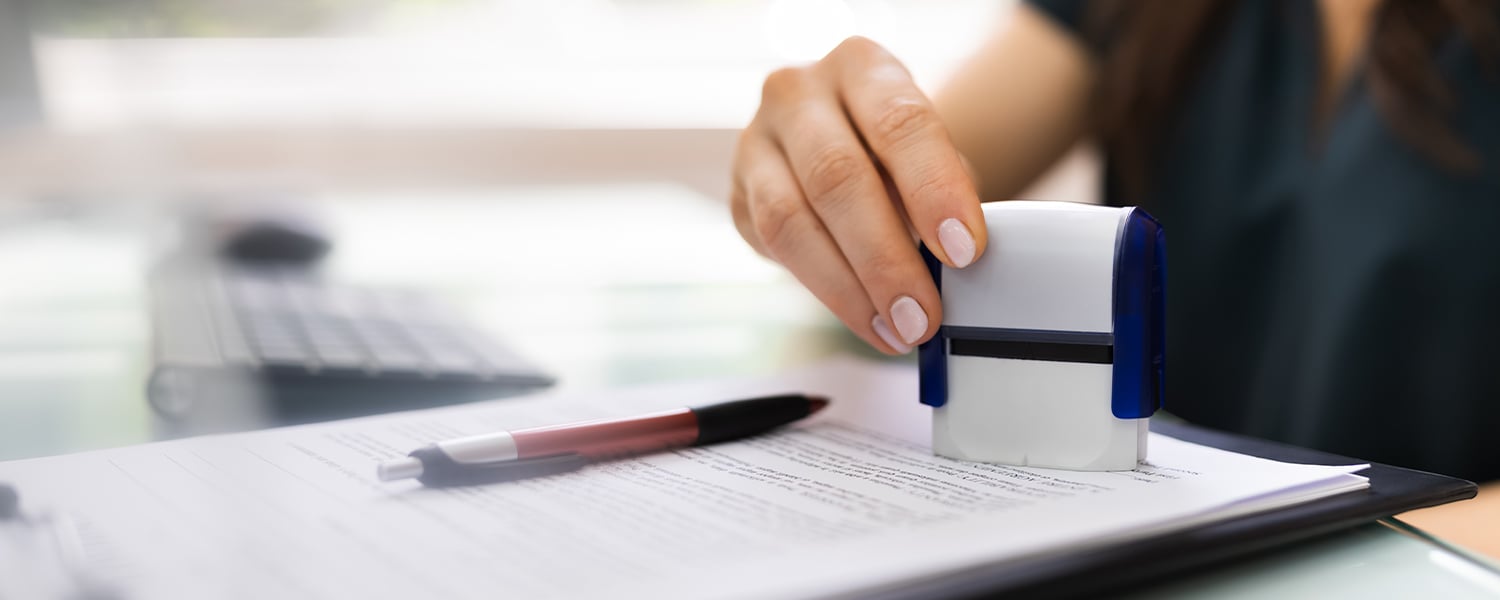Understanding Apostille: Simplifying International File Legalization
Understanding Apostille: Simplifying International File Legalization
Blog Article
Debunking Notarial Work: Simplifying the Function and Value of Notaries
In the intricate internet of legal paperwork and verification, notaries stand as columns of assurance and credibility. Their role, commonly shrouded in mystery for numerous, brings substantial weight in guaranteeing the validity and integrity of essential papers. As guardians of validity and fact, notaries play a crucial part in our society, yet their job is not always totally comprehended. By unraveling the intricacies surrounding notarial techniques and losing light on the relevance of their acts, a more clear understanding arises of the crucial duty notaries play in upholding the fabric of lawful and legal contracts.
The History of Notarial Work
How did notarial job develop gradually to end up being an essential part of lawful and business deals? The history of notarial job days back to ancient civilizations, where scribes played a critical function in taping essential information and confirming files. As cultures advanced, the demand for a much more formalized system to make sure the credibility of contracts arose. This led to the advancement of notaries, people designated by the state to serve as impartial witnesses in lawful issues.
Throughout the Center Ages, notaries gained importance in Europe, with their features expanding to consist of composing legal papers, certifying signatures, and protecting documents. The increase of global trade even more highlighted the relevance of notarial job in verifying agreements and agreements throughout boundaries.
In the modern-day period, notaries remain to play an important function in legal and service purchases by validating identifications, confirming the authenticity of records, and preventing fraud. Their role in accrediting the credibility of contracts adds a layer of protection and count on to the ever-evolving landscape of business and regulation.

Responsibilities and Obligations of Notaries
Notaries play an important duty in validating the authenticity of records and the identity of notaries. One of their primary responsibilities is to witness the signing of vital documents, such as agreements, wills, and deeds, to make certain that all celebrations are getting in into contracts purposefully and willingly.
They accredit duplicates of initial documents, providing assurance to establishments that the duplicates are real reproductions of the originals. Generally, the obligations and duties of notaries are necessary in protecting the stability and legitimacy of various documents and deals - DIRCO.
Notarial Certificates and Signatures
Exhibiting careful attention to detail, notarial certificates and signatures act as crucial parts in confirming the credibility of legal records. Notarial certifications normally consist of vital information such as the day of notarization, the names of the web link signatories, a description of the file, and the notary's main seal. These certifications provide a clear record of the notarial act, ensuring that the record can be quickly recognized and mapped back to the notary who looked after the procedure.
Signatures play a pivotal duty in notarial work, as they signify the agreement and authorization of the celebrations involved. Notaries very carefully witness the signing of documents to confirm read review the identity of the signatures and confirm that they are authorizing of their own cost-free will. By fastening their official seal and trademark to the file, notaries license that the essential procedures have actually been followed and that the record is enforceable and legitimate.
Fundamentally, notarial certifications and signatures are the characteristic of authenticity in legal purchases, supplying guarantee to all parties involved that the documents are legit and binding.
Relevance of Notarial Acts

Registration Process Discussed
The registration process usually begins with the individual presenting the document to a notary public. As soon as the identity is validated, the notary ensures that the specific authorizing the file does so willingly and without any type of coercion.

Final Thought
Notarial certifications commonly consist of essential info such as the day of notarization, the names of the signatories, a description of the file, and the notary's main seal. These certificates give a clear record of the notarial act, guaranteeing that the file can be easily recognized and traced back to the notary who looked after the procedure.
By attaching their official seal and signature to the paper, notaries certify that the needed treatments have been followed and that the click this site document is valid and enforceable.
By verifying the identity of the signatories, confirming their determination to get in right into the contract, and accrediting the date and area of the finalizing, notaries play an essential role in upholding the validity of legal records.After the record is authorized, the notary will fasten their main seal or stamp onto the file.
Report this page